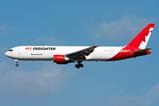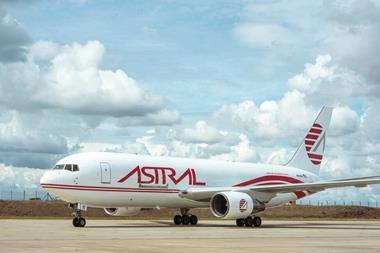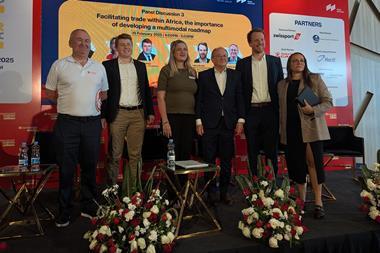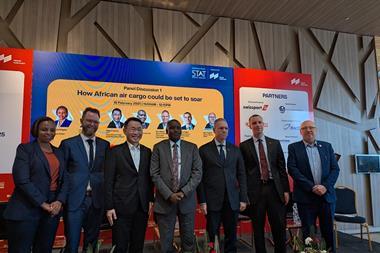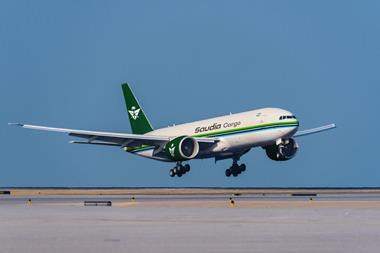
The cost of aircraft fuel remains high in Africa compared to other regions of the world and geopolitical issues heighten the risk of further rises, while cargo handling delays are increasing storage costs at airports.
Astral Aviation founder and chief executive Sanjeev Gadhia told Air Cargo News (ACN) that alongside taxes, geopolitical risk could see fuel prices climb.
“Taxes make fuel prices very expensive and the purchasing power of Africa as a continent is not as much as the other regions,” said Gadhia.
“My big worry is that geopolitical shifts will actually impact trade and fuel, which becomes more volatile when there is unpredictability. It also affects insurance.”
He added: “I think geopolitical risk is the biggest challenge facing the aviation industry."
In a recent interview with ACN, David Ambridge, director of cargo and mail at TAAG Angola Airlines, also pointed out that the air cargo industry has had to contend with high airport and cargo handling charges because of “protectionism” measures.
He added that on the ground, customs operations are often misaligned with those of freight forwarders, or customs aren’t available to process cargo because they don't always work seven days a week.
This can result in cargo, with the exception of perishables, being stationary at an airport for up to six days at times.
As well as cargo handling delays, cargo incurs additional costs because of storage fees.
“In some parts of Africa, of course, customs don’t work at the weekend, which is a huge problem," stressed Ambridge.
During Air Cargo Africa, conference panelists highlighted many issues affecting the air cargo industry. These included violent conflict, protectionism, lack of trade liberalisation, blocked airline funds and bureaucracy, alongside underdeveloped networks and limited capacity.
An IATA press release from December 2024 shows that about $1bn of airline funds are blocked from repatriation by governments in African countries as of the end of October 2024. That is about 59% of the global tally, according to IATA.








